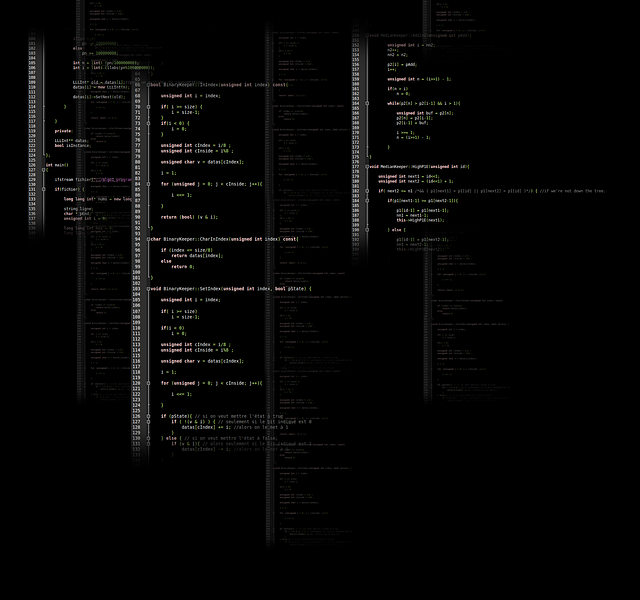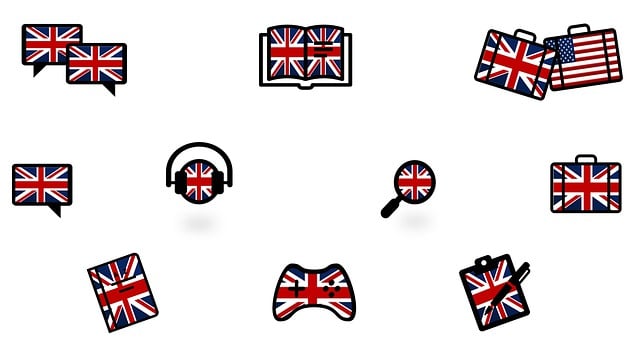Despite both Australia and Wisconsin boasting strong patient privacy laws, their approaches differ significantly. Australia's uniform national framework under the Privacy Act 1988 contrasts with Wisconsin's state-focused Wisconsin Privacy Law, influenced by diverse campus experiences. These differences impact data protection, technology adoption, and student safety, as seen in varying regulations for medical training and mental health support. The contrast between Aus' strict penalties up to AUD 38,000 and WI's up to $50,000 per violation highlights the need for continuous evaluation and enhancement of legislation frameworks. Transferring medical records requires navigating distinct privacy laws, with cultural immersion programs aiding international students in Australia.
Explore the contrasting landscapes of patient privacy legislation between Australia and Wisconsin. In this comprehensive guide, we dissect the legal frameworks governing medical data protection, revealing key differences known as the ‘aus vs Wi’ dichotomy. From overarching privacy protections to handling of patient records and international data transfers, this article provides insights into how these jurisdictions safeguard sensitive healthcare information. Understand the nuances and implications for healthcare providers navigating these distinct regulatory environments.
- Aus vs Wi: Legal Framework Overview
- Key Privacy Protections in Each Country
- Patient Data Handling Differences
- Enforcement and Penalties Comparison
- International Transfer of Medical Records
Aus vs Wi: Legal Framework Overview

When comparing Australia (Aus) and Wisconsin (Wi), it’s evident that both nations have robust patient privacy legislation, reflecting their commitment to protecting sensitive healthcare data. However, the legal frameworks differ significantly in terms of structure and enforcement. Aus has a comprehensive national privacy framework governed by the Privacy Act 1988, which sets out general principles for handling personal information. In contrast, Wisconsin’s approach is more state-centric with the Wisconsin Privacy Law leading the charge, focusing on specific industries, including healthcare.
While both jurisdictions recognize the importance of individual privacy rights, Aus takes a broader, nationwide perspective, ensuring consistency across sectors. On the other hand, Wi offers higher education institutions, such as those providing crisis intervention training for students, unique opportunities to shape privacy regulations within their communities. This divergence highlights how diverse on campus experiences—whether in Aus or American colleges—can influence local legislation, including how student data is managed and protected, even when considering global best practices like giving us a call at Part-time jobs for students in WI.
Key Privacy Protections in Each Country

In Australia, patient privacy is primarily governed by the Health Insurance Act 1974 and various state-specific laws like the Privacy and Data Protection Act 2014 in New South Wales. These regulations ensure robust protections for personal health information, with strict rules on data collection, use, and disclosure. Australian universities, reflecting these national standards, implement comprehensive campus safety measures regarding patient privacy, especially when using virtual reality in education for medical training. For instance, students are required to maintain confidential records and undergo regular training on handling sensitive data securely.
Contrarily, Wisconsin relies on the Health Insurance Portability and Accountability Act (HIPAA), a federal law in the US, alongside its own state privacy laws. HIPAA sets national standards for protecting patient privacy and electronic health information. Unlike Australia’s emphasis on state-level legislation, Wisconsin’s approach aligns with a unified federal-state framework. When it comes to education, Wisconsin universities also prioritize campus safety concerning patient data, though their strategies might vary compared to Australian institutions. For example, while both countries encourage the innovative use of virtual reality in medical training, Tuition fees: Cost of education anytime can influence how quickly and extensively these technologies are adopted, with potential implications for patient privacy standards on campuses.
Patient Data Handling Differences

In terms of patient data handling, Australia and Wisconsin present notable differences in their privacy legislation. Australia’s health data privacy is governed by the Privacy Act 1988 (Amendments) (Health Information) Regulation 2014, which focuses on protecting the personal information of individuals within the healthcare system. This regulation sets clear guidelines on how health service providers must handle patient data, ensuring confidentiality and security. On the other hand, Wisconsin’s approach is primarily guided by the Wisconsin Medical Records Privacy Act, which mandates the protection of individually identifiable health information (IIHI) but offers more flexibility regarding data sharing with certain entities like researchers and insurers under specific circumstances.
When comparing healthcare privacy in Aus vs WI, a key distinction lies in the level of control patients have over their data. Australian legislation provides patients with extensive rights to access, correct, and restrict the use or disclosure of their health information. In contrast, Wisconsin’s law gives patients less direct control, allowing for broader sharing of medical records under certain conditions. This difference has implications for both campus safety—particularly in international student exchange programs—and living costs, as Sydney vs Madison students may experience varying levels of data privacy and security during their studies and post-graduation careers, prompting students to consider factors like data handling when choosing a study destination and giving them the knowledge to navigate these aspects of daily life. For more insights, give us a call at Study visa processes: Australia and Wisconsin.
Enforcement and Penalties Comparison

In terms of enforcement and penalties comparison between Australia (Aus) and Wisconsin (US), significant differences emerge in how patient privacy is protected. Aus has robust mechanisms like the Privacy and Data Protection Act 2014, which outlines clear guidelines for handling personal information, with strict fines up to AUD 38,000 for breaches. In contrast, Wisconsin’s Health Information Portability and Accountability Act (HIPAA) compliance carries penalties ranging from $50 to $50,000 per violation, reflecting a stricter enforcement approach in the US.
Diversity on campus: Aus and American colleges handle student mental health support differently too. While Aus universities prioritize comprehensive support systems with dedicated services for mental well-being, Wisconsin’s educational institutions often face scrutiny regarding accessibility of resources. Campus safety: Comparison of Aus and US universities reveals varying levels of student privacy protection, underscoring the need for both countries to continually evaluate and enhance their respective legislation frameworks.
International Transfer of Medical Records

When transferring medical records internationally between Australia (Aus) and Wisconsin (WI), understanding the nuances of privacy legislation is paramount. Aus has robust patient privacy protections, with the Health Information Privacy Code 2014 guiding the handling of health data. This code ensures patients’ rights to access, correct, and control their information. In contrast, WI’s patient privacy laws are defined by the Wisconsin Health Records Act, which also mandates secure record-keeping and patient consent for disclosures.
One unique aspect is the potential impact of language barriers when transferring records abroad. Students studying in Aus through international programs might face challenges communicating their medical needs, especially if their home country’s language differs significantly from English. Fortunately, many Australian universities offer cultural immersion programs to help students navigate healthcare systems and communicate effectively with healthcare providers. Unlike language barriers, student unions play a minimal role in these processes, as privacy legislation primarily falls under governmental and institutional control. However, study abroad programs in Aus come with advantages, such as gaining global health perspectives that can enhance career prospects in an increasingly interconnected world. Give us a call at [Cultural immersion programs: Australian universities] to explore these opportunities further.
In comparing aus vs Wi patient privacy legislation, we find distinct yet evolvable frameworks. Australia’s health data privacy is governed by the Privacy Act 1988 and state-specific laws like the Health Information Privacy Code, emphasizing comprehensive protections for personal information. Wisconsin, meanwhile, relies on the Wisconsin Medical Records Privacy Act, offering robust safeguards while allowing certain disclosures for treatment, research, and public health purposes. Despite differences, both jurisdictions demonstrate a commitment to patient privacy, continually adapting to technological advancements and data security challenges, ensuring sensitive medical records remain secure and confidential.
